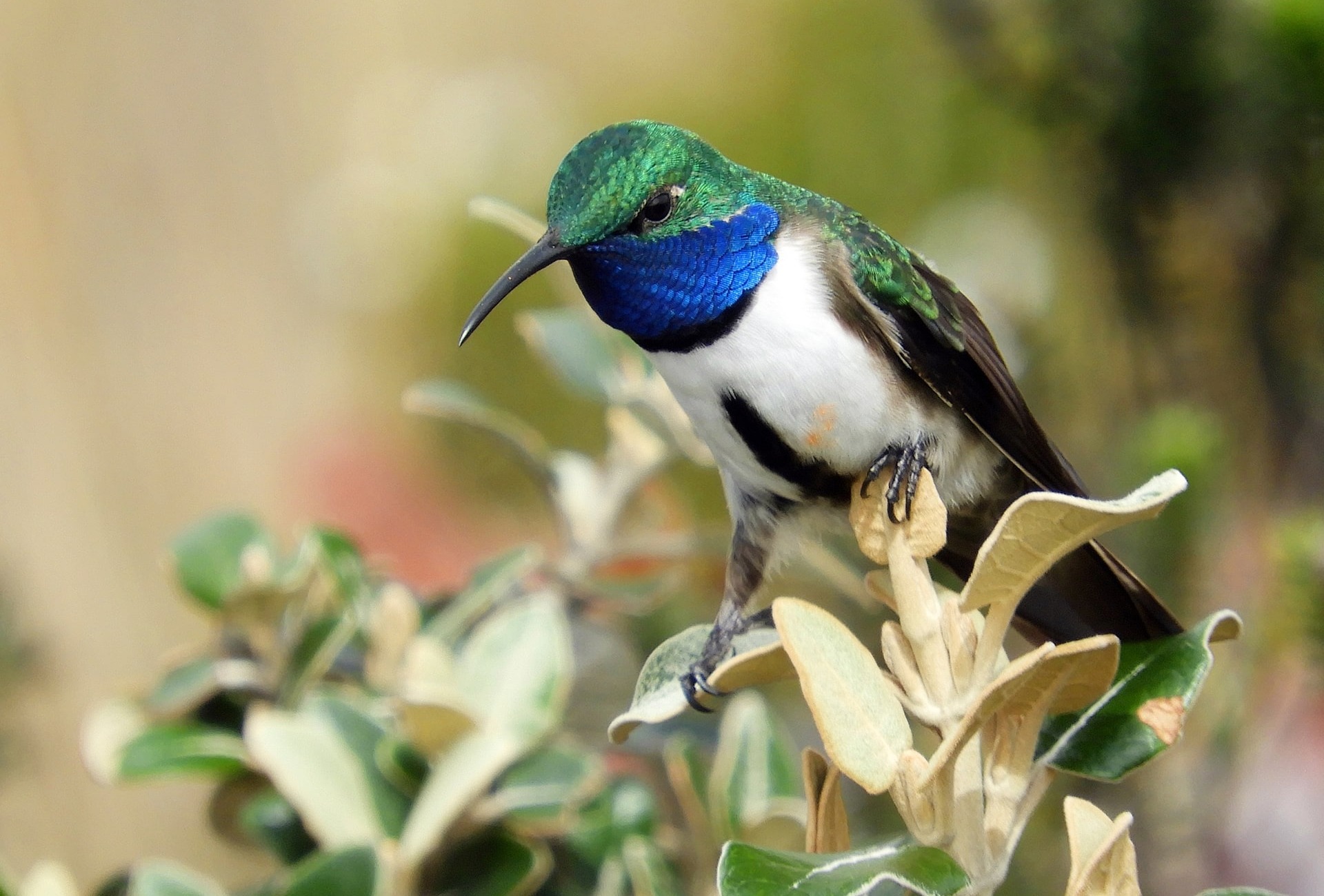
Protect the Blue-throated Hillstar from Extinction
Support more work like thisSupport more work like thisVery few individuals of the tiny, gem-colored Blue-throated Hillstar remain in the wild, and those left are in danger of extinction.
-
Species at Risk
Blue-throated Hillstar (CR)
-
Carbon stored
10,968 mT*
*(metric tons of CO2 equivalents) -
Partner
Fundación Jocotoco
-
1,172 Proposed Acres Conserved by
Purchase
Please note that your donation may not be immediately reflected in the funding thermometer above.
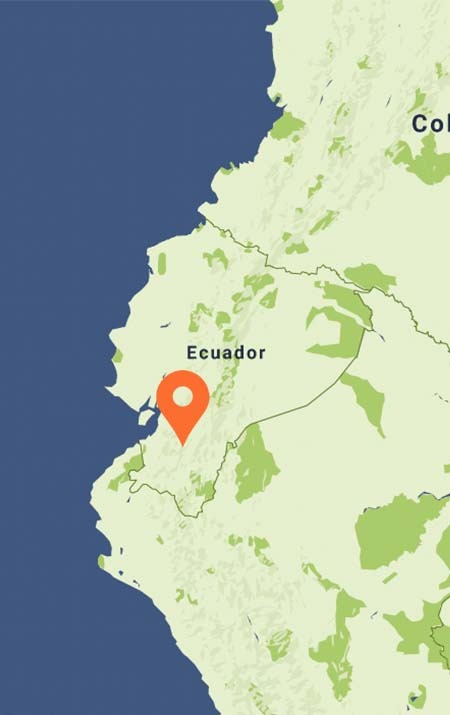
1,172
Very few individuals of the tiny, gem-colored Blue-throated Hillstar remain in the wild, and those left are in danger of extinction.
-
Species at Risk
Blue-throated Hillstar (CR)
-
Carbon stored
10,968 mT*
*(metric tons of CO2 equivalents) -
Partner
Fundación Jocotoco
-
1,172 Proposed Acres Conserved by
Purchase
Please note that your donation may not be immediately reflected in the funding thermometer above.

1,172
Help save the only known population of the Blue-throated Hillstar
The Blue-throated Hillstar, a hummingbird native to southwestern Ecuador, is brand new to science. The males’ bright blue throats and emerald green feathers make these rare birds easy to identify. Which is ironic, considering that they only inhabit an isolated part of the Andes mountains and primarily roost in caves.
Unfortunately, the species may already be in danger of extinction. Upon its discovery in 2018, its population was assessed at a mere few hundred individuals and immediately qualified for Endangered or even Critically Endangered status by the International Union for the Conservation of Nature standards.
Explore Ecuador
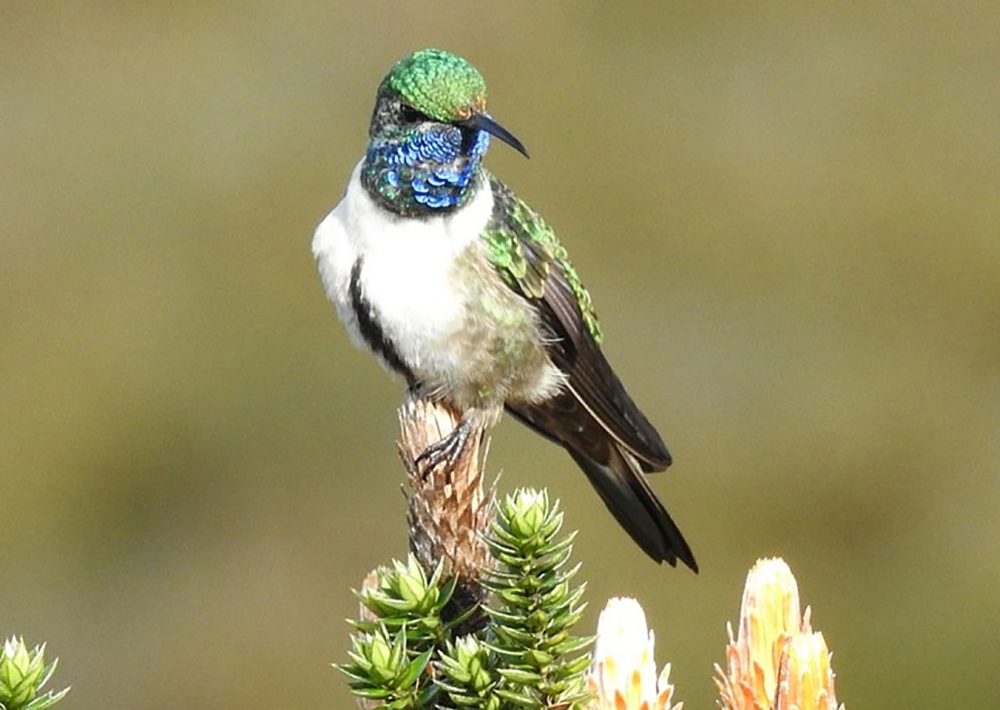
Blue-throated Hillstar, by Machel Moens.
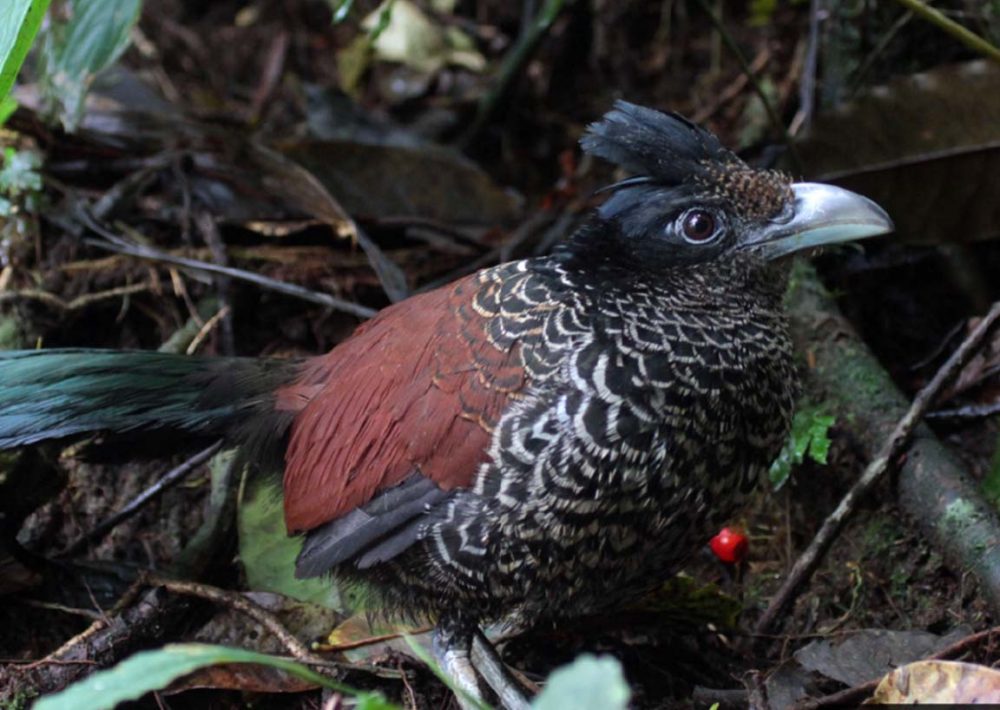
Banded Ground Cuckoo, by Agami Photo Agency
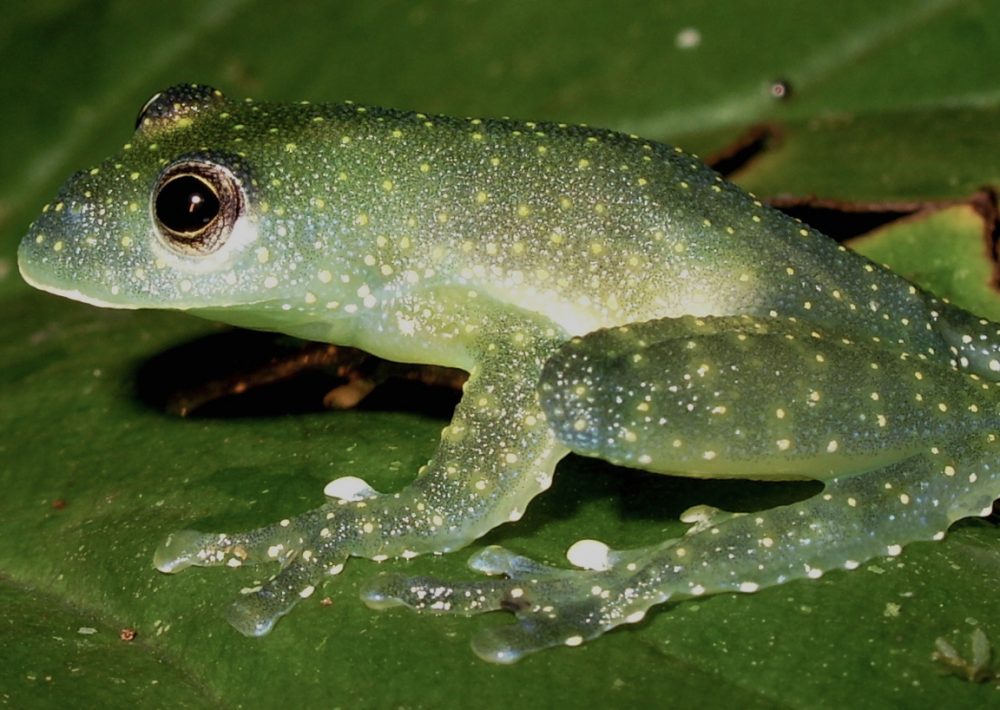
Mache Cochran Frog (NT)
Safeguard the Páramo
The Hillstar’s sole habitat is just under 25,000 acres in the Ecuadorian páramo. The páramo is a high-altitude grassland that supports surprisingly high levels of biodiversity, including a number of endemic species. Despite this, and its vital role as a reliable source of water for communities in the valleys below, this habitat is being rapidly lost to agricultural expansion.
This rapid transformation of the habitat into pastures and commercial plantations is destroying the most critical patches of the Chuquiraga jussieui—a low-growing evergreen shrub that is the main food source for the Blue-throated Hillstar.
In addition, the soil features high humidity climatic conditions and contains a large concentration of organic carbon, making the protection of this ecosystem critical for carbon storage and sequestration.
Help restore damaged habitat
Your donation supports our conservation work with Fundación Jocotoco to create a 616-acre protected area to safeguard the only known population of the Blue-throated Hillstar.
Once the protected area is established, our partner will set up patrols to monitor the new reserve, which will create a safe habitat for the Hillstar as well as for other endemic and threatened species found in the area. After securing the core of the habitat, our partner will also work to improve habitat quality by recovering key sections of the Chuquiraga.
Local communities will be engaged and educated to protect the Blue-throated Hillstar and reduce risks of wildfires. Our partner will also work with local communities to create sustainable ecotourism opportunities to view this rare bird and the land, while preventing harmful activity within the protected area.
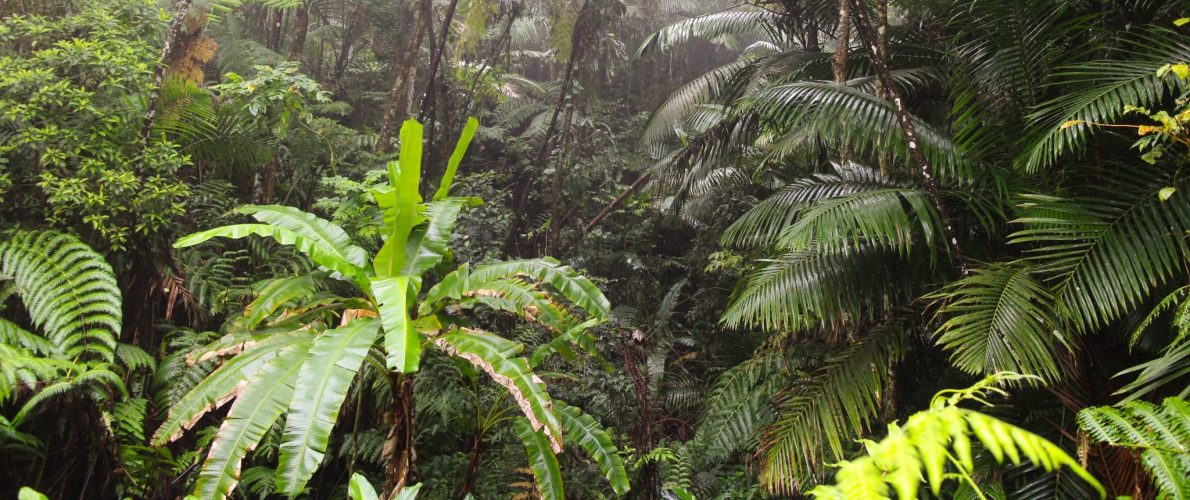
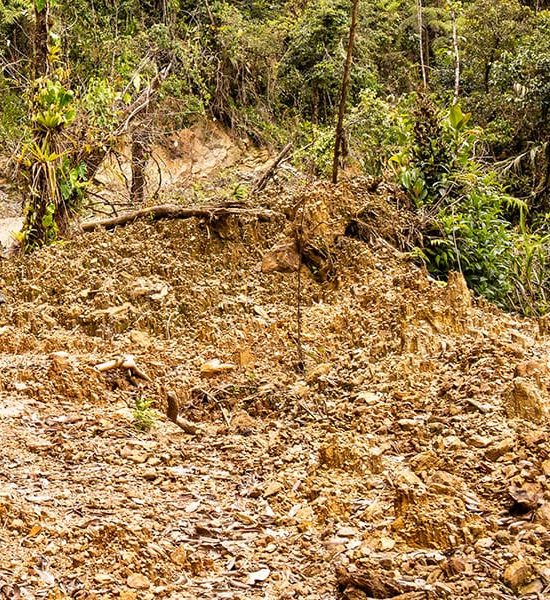
Sign up to receive the latest updates
"*" indicates required fields
100% of your money goes to our conservation efforts
Our board members and other supporters cover our operating costs, so you can give knowing your whole gift will protect rainforests.

